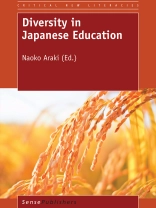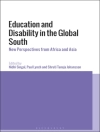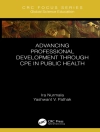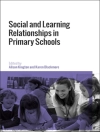No one is born fully-formed: it is through self-experience in the world that we become what we are. – Paulo Freire Diversity in Japanese Education explores ‘self-experience’ of individual learners and educators in Japan. The word ‘diversity’ is not limited to one’s ethnic background. Here, diversity refers to one’s pedagogical experiences and life experiences; to the norms, beliefs and values that impact such relations. These experiences and relations are fluid as they are shaped and reshaped in global and glocal settings. They are also reflected in praxis of English language learning and teaching in Japan. The authors’ educational backgrounds vary but they all share the common ground of being educators in Japan. Through being involved in learning and/or teaching English language in Japan, they have witnessed and experienced ‘diversity’ in their own pedagogical context. The book focuses on shifting critical and reflexive eyes on qualitative studies of pedagogical experiences rather than presenting one ‘fixed’ view of Japanese education.
表中的内容
Internationalization of Education: Non-Junjapa: Transnational and Transcultural Identity; Internationalization of Education: Junjapa: Aspirations and Dilemmas; Japanese Students’ Experiences of the Internationalization of Education in Japan: Being Regarded; Building Global Citizens: Narratives of Young Japanese on Overseas Volunteer Service and Global Citizenship; Diversity on a Global 30 ‘World Studies’ Program; Challenging the Myth of Homogeneity in Japan in First-Year Writing; “We Have All Been Here Before”: Old and New Multicultural Reflections on Banking Education in a Japanese University; Hidden Diversity in the Classroom; ‘This is a Banana’: A Retrospective View on Learning to Teach Language through Drama in Japan; About the Authors.












